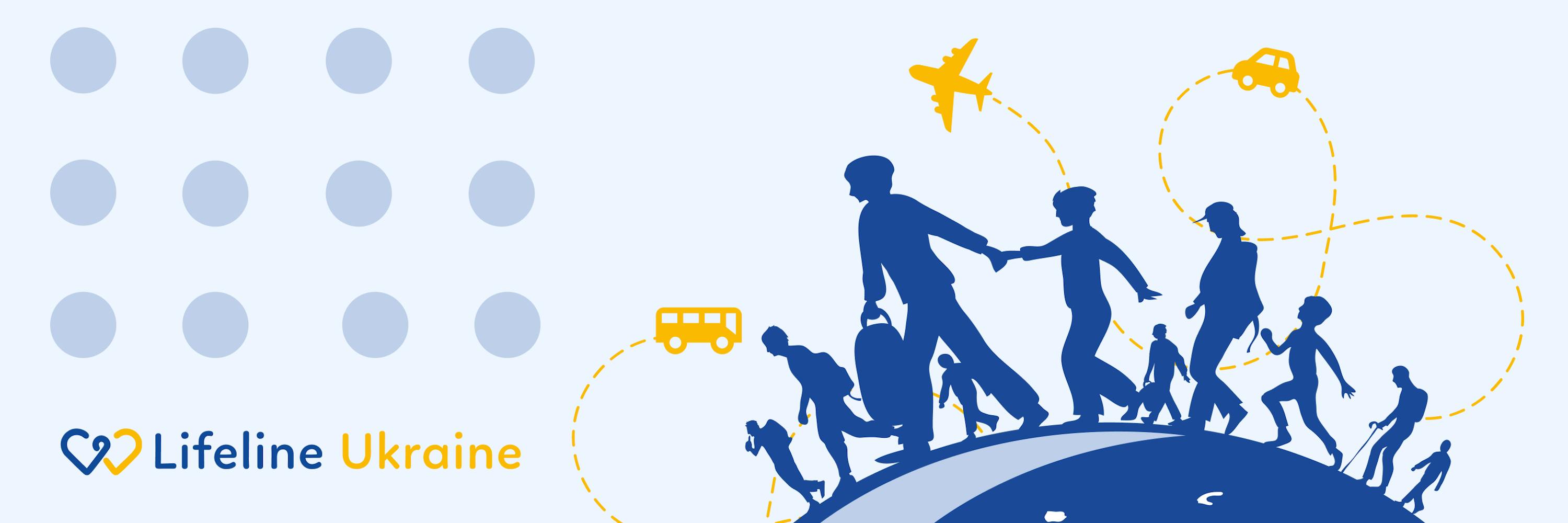What is refugee syndrome?
Refugee syndrome is not a disease, but rather a set of symptoms encountered by people who have left their country due to certain circumstances. It includes constant anxiety, mood swings, depressive episodes, and difficulties in planning for the future. Similar to immigration trauma, refugee syndrome can be deepened by political or ethnic persecution, which enhances its psychological impact.

Stages of the syndrome
The immigrant experience often goes through four stages. Initially, there is a "honeymoon" phase – a period of excitement and novelty in the new country, followed by disillusionment, as cultural values may be absent. Next comes integration, when the person learns about their new environment, and finally, acceptance.
Symptoms of the syndrome
The refugee syndrome can have a serious traumatic impact, leading to various symptoms such as increased anxiety, panic attacks, irritability, insomnia, sensory disturbances, and loss of interest in previously enjoyable activities. Hostility from the host country can worsen mental health, possibly leading to post-traumatic stress disorder, learned helplessness, and clinical depression if not addressed.
Main goal of assistance
Ensure the physical and psychological safety of the migrant, which will allow them to make plans for the future and regain interest in life. It is important to initially focus on small goals, gradually shifting the focus from external circumstances to oneself, to facilitate recovery.













